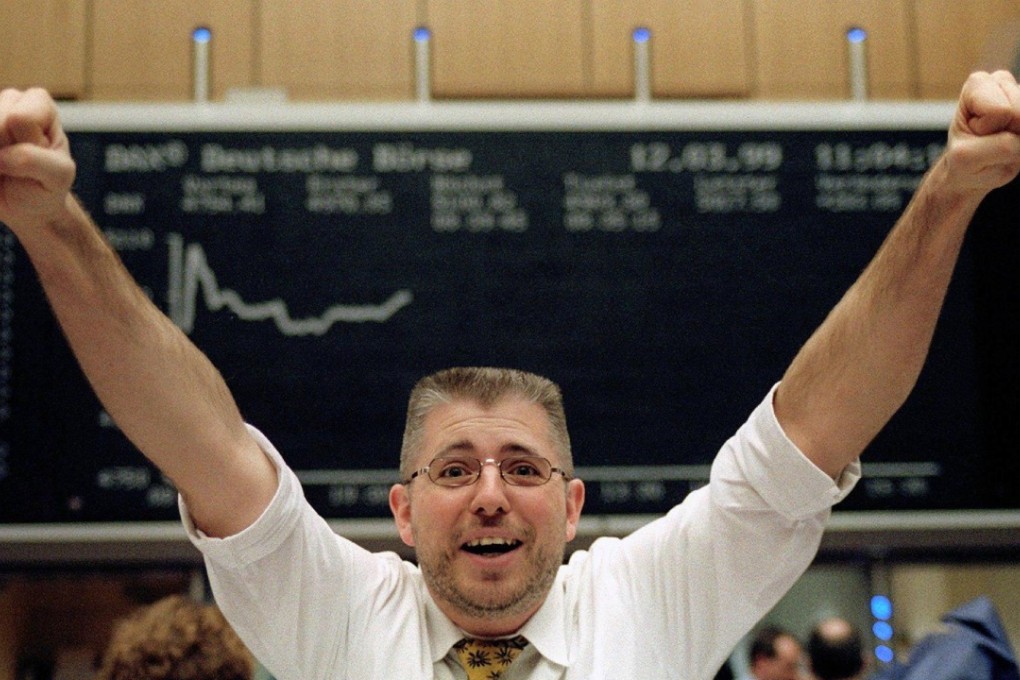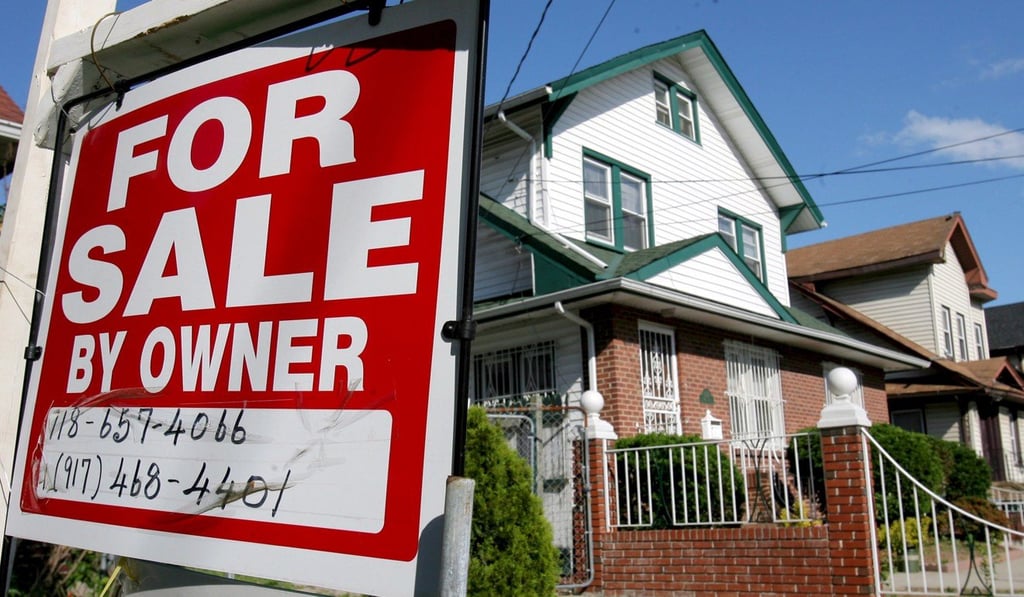The View | Nothing beats equities; a hundred years of history proves it

It’s the question that is being asked with greater urgency as markets become more volatile, political shenanigans loom large and interest rates are on the move: what is likely to be the best investment strategy in these circumstances?
The answer is that only fools are certain of what do at any given time and that certainty mutates into something even more foolish when accompanied by a refusal to learn anything from history.
That’s why many investors look forward to the annual publication of the Credit Suisse Global Investment Returns Yearbook, which provides a century-long look at 23 national markets, accompanied with a depth of historical data making sense of short-term trends.
The 2018 edition, published last month, confirms what many value investors have long believed, namely that, by and large, there is no better long-term investment than equities. Since 1900 no other investment class has consistently outperformed. In this period US equities yielded an average 6.5 per cent annual return in real terms.
An interesting aside here is that in both the US and British markets the best performers in the period from 1926 to 2017 were stocks with the smallest capitalisation. Larger caps ranked the worst.
This longer-term picture raises some interesting questions for devotees of exchange trade funds, which, as index trackers, are invested in large caps, even though in more recent times these big companies have offered better returns.


